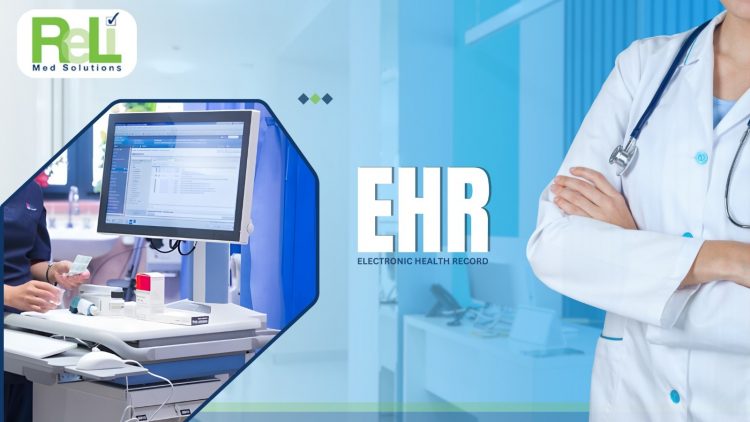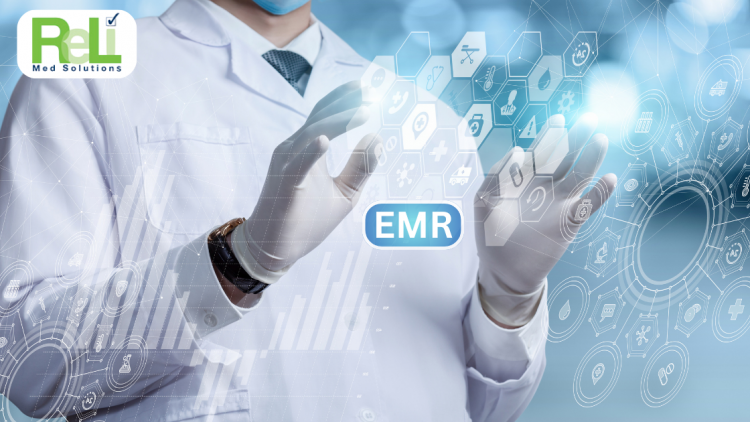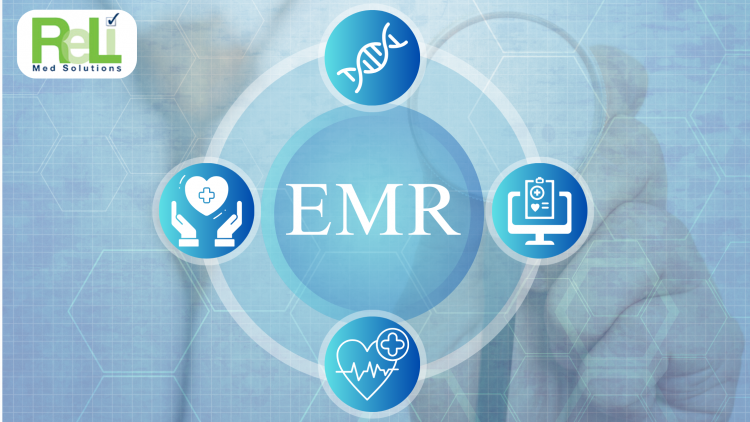Improve RCM With KIOSK: Patients Self-check-in, Upload EHR Info, and Receive SMS Links
The healthcare industry is evolving, and KIOSK technology is playing a vital role in transforming patient interactions and streamlining administrative tasks. For healthcare providers, implementing KIOSK systems has revolutionized the way patients check in, upload their EMR (Electronic Medical Records), and receive important information through SMS links. These advancements not only enhance patient experience but also have a significant impact on RCM (Revenue Cycle Management). Medical Billing Services also benefit as eRx (electronic prescriptions) streamline the entire process. This blog explores how KIOSK systems, when combined with services like those offered by ReLiMed Solutions, can elevate Revenue Cycle Management (RCM) and improve Medical Billing Services, making EMR and eRx integration seamless.
How Can KIOSK Systems Improve Revenue Cycle Management (RCM)?
KIOSK systems directly impact the efficiency of RCM by automating key administrative tasks that were previously prone to errors and time delays. Self-check-ins allow patients to enter their information, including EMR, accurately and quickly, eliminating the need for manual data entry by staff members. This leads to fewer errors in patient records, reducing the chances of billing issues in Medical Billing Services later in the process. Furthermore, the integration of eRx into Revenue Cycle Management (RCM) through KIOSK systems ensures that e-prescriptions are managed seamlessly, supporting accurate EMR updates and better cash flow for Medical Billing Services.
The Impact of SMS Links in Patient Communication
In today’s fast-paced world, communication is key to maintaining smooth operations in healthcare. KIOSK systems integrated with SMS link functionality offer an efficient way to communicate with patients for a variety of tasks. Patients can receive SMS links for uploading important EMR documents, processing payments, and even receiving reminders for upcoming appointments, contributing to better management of Revenue Cycle Management (RCM). This level of flexibility enhances Medical Billing Services because patients are reminded about payments and appointments, improving RCM performance. Additionally, eRx communication through SMS links helps patients manage their prescriptions effectively, further supporting Medical Billing Services.
What Are the Operational Advantages of Implementing KIOSK Systems for RCM?
KIOSK systems do more than enhance patient convenience; they also provide operational advantages that significantly benefit healthcare providers’ Revenue Cycle Management (RCM) processes. By reducing the need for staff to handle time-consuming administrative tasks like patient check-ins, EMR document uploads, and appointment scheduling, staff can focus more on delivering effective Medical Billing Services. KIOSK systems enable real-time updates of eRx prescriptions, which directly benefits RCM. This ultimately leads to faster reimbursement cycles, improved accuracy in EMR data handling, and reduced manual errors in Revenue Cycle Management (RCM). Medical Billing Services can operate more efficiently with fewer delays, enhancing the overall financial health of the facility.
ReLiMed Solutions for Your KIOSK Needs
ReLiMed Solutions offers advanced KIOSK systems tailored for healthcare providers. Our systems effortlessly connect with your EMR, streamlining patient interactions and boosting Revenue Cycle Management (RCM). With ReLiMed’s KIOSK solutions, you’ll also benefit from smooth integration of eRx and Medical Billing Services. This helps optimize RCM and enhances your operational workflows by improving how you manage EMR and prescriptions.
ReLiMed Solutions stands out as a trusted partner for healthcare automation. Their state-of-the-art KIOSK systems are designed to streamline patient processes, improve EMR management, and optimize Revenue Cycle Management (RCM). With eRx integration and dedicated support, ReLiMed Solutions helps healthcare providers improve their operational efficiency while ensuring that Medical Billing Services are smooth and effective. Take your healthcare facility’s RCM to the next level by choosing ReLiMed Solutions for your KIOSK technology needs. EMR, eRx, and Medical Billing Services have never been easier to manage with our systems in place.



